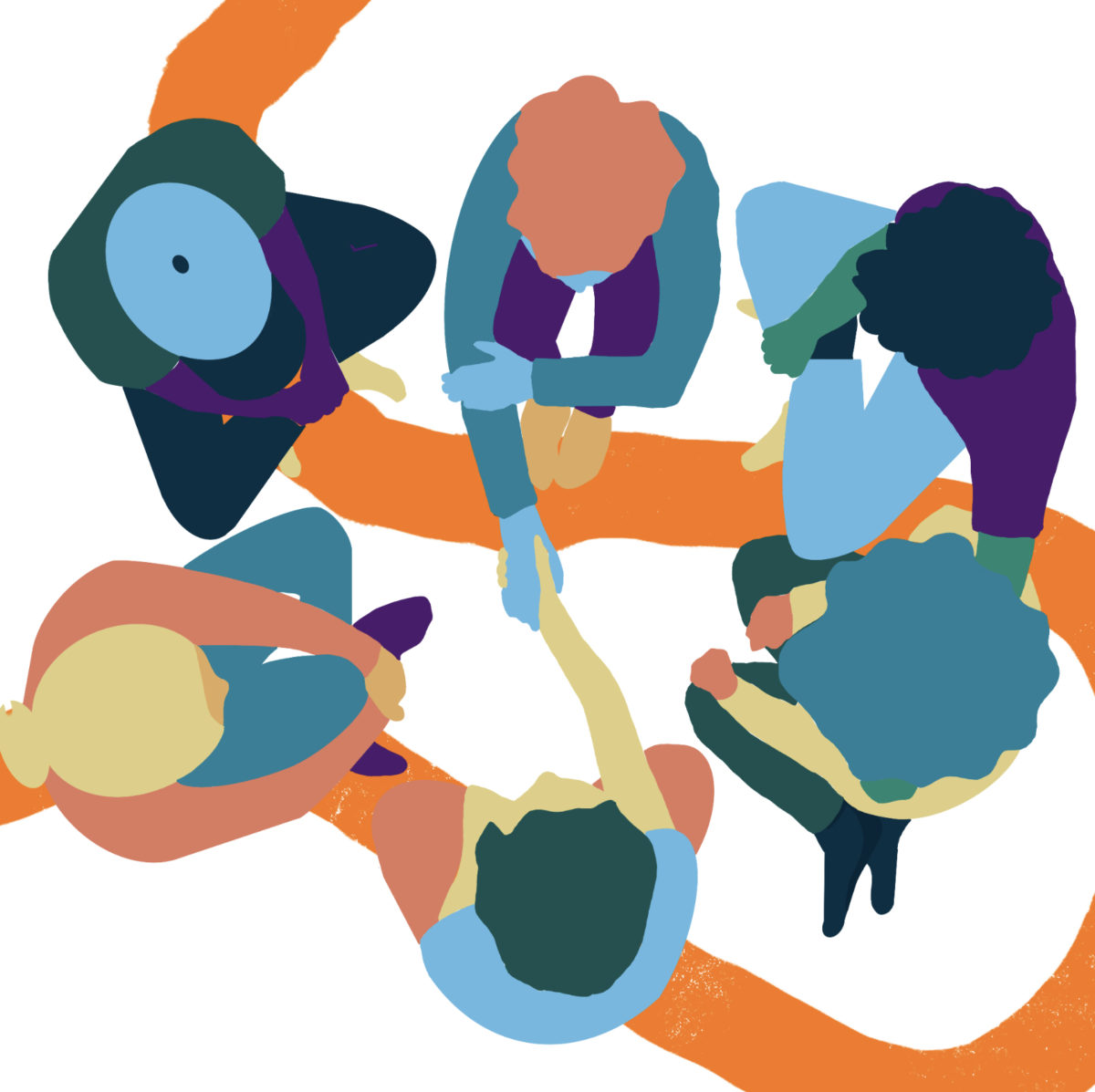Mental health, by definition, means “emotional, psychological and social well-being.” Mental health is just as important as physical health, affecting how we think and act, and if not treated properly, can have devastating results. Despite its importance, people know very little about mental illness, coping mechanisms and ways to get help to overcome what they are going through. Moreover, there are numerous myths that get in the way of promoting mental health that need to be debunked. Some people think that therapy is ineffective, and believe that it can exacerbate mental illness. Others hold negative stereotypes about people with mental illnesses, inadvertently discouraging others from pursuing treatment for fear of others finding out. In order to overcome these social myths, it is crucial that people gain more knowledge about mental illnesses, receive access to the appropriate treatment and alter their perspectives of mental health.
First, we should promote mental health care to debunk deep-rooted misconceptions so that people are comfortable with therapy and seeking treatment. Beliefs such as “poor mental health is due to personal weaknesses” or “counseling is for the madman” can keep people from seeking the care they need. Mental illnesses can affect anyone regardless of age, gender or social status, and it is not a condition that people get to choose whether they have or not. Factors that can cause mental illnesses include performance anxiety, relationship struggles, personal insecurities, low self-esteem, past trauma, physical illness, financial difficulties, the death of a loved one, genetics, brain chemistry, life experiences and family history of mental illness. Many reasons are beyond one’s control. Learning about the nature of mental illnesses will help the public gain a better understanding about mental health and change their perceptions of it, thus decreasing behaviors that stigmatize or mock those who are struggling.
Therapy and other mental health treatments can reduce the risk of physical illness. Neglecting mental health can destroy one’s balance of life. Symptoms of depression include confusion, excessive fear and worries, withdrawal from one’s environment, low energy, substance abuse, inability to cope with life’s stressors, excessive anger, violence and suicidal thoughts. Poor mental health can also lead to a decline in physical health. Depression can lead to diabetes, asthma, cancer, cardiovascular diseases and arthritis. Sleep problems such as insomnia or sleep apnea are also likely to occur. Eating disorders can lead to nutritional deficits and impaired gastrointestinal health. Some people turn to alcohol, cigarettes or drugs to cope with symptoms, which leads to addiction and substance abuse. Low motivation and energy levels can lead people to ignore their self-care, causing them to engage in unhealthy habits and refrain from using health care services.
Attending therapy sessions can help patients find effective ways to easily overcome mental distress and alleviate their struggles. Although a lot of people believe that therapy sessions consist of the client talking and the therapist consoling them, this is not always the case as therapists utilize various methods. Cognitive behavioral therapy helps patients transform negative behavioral patterns into healthy ones. Interpersonal therapy focuses on underlying interpersonal issues and helps clients better express them. Dialectical behavior therapy helps people find ways to take personal responsibility to change negative behaviors. Receiving medical help can help patients identify the nature and causes of their illnesses, acquire a better understanding of their emotions and thoughts as well as develop healthy coping strategies.
Mental health not only affects the person suffering but also those close to them. Those with mental illnesses may isolate themselves from others, which can make communication difficult. They are more likely to engage in conflicts with those around them, which can hurt other people’s feelings as a result. Forming relationships with others is challenging, especially for those who are unaware of what that person is going through. For instance, those suffering from personality disorders may struggle to get along with people around them because their disorder can lead to behaviors that might offend others, even though they didn’t have malicious intentions. We should equip people with the knowledge necessary to have compassion for those struggling with mental illnesses and create an atmosphere where people are comfortable sharing their struggles.
Although mental health problems are not an excuse to be disrespectful to others or neglect responsibilities, people with psychological struggles deserve a strong support system. Mental health is as important as physical health and we should do everything we can to help.




